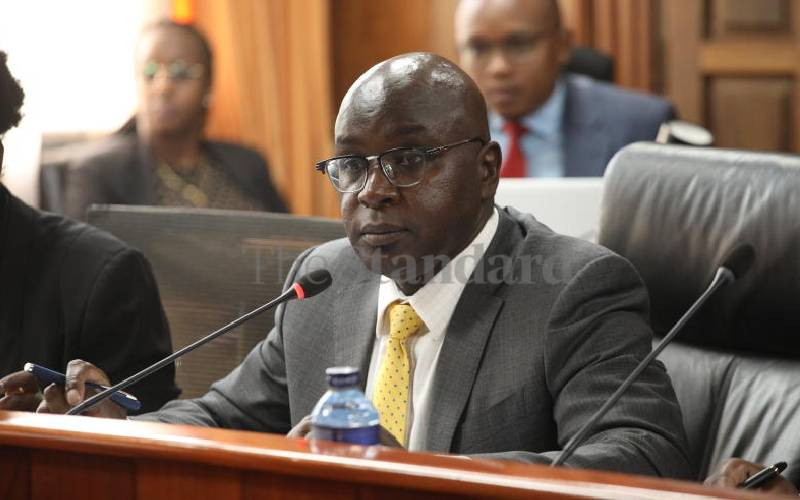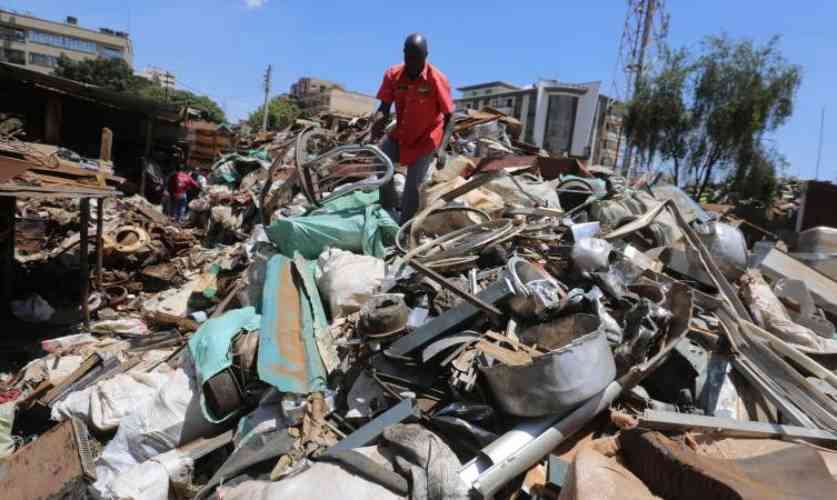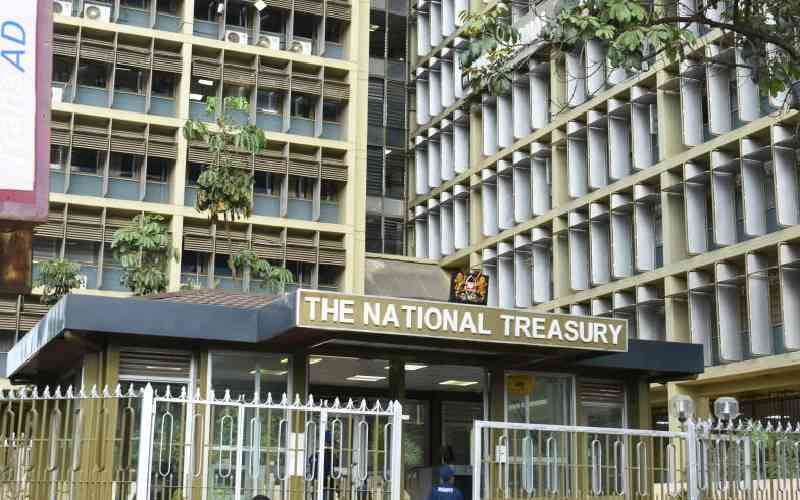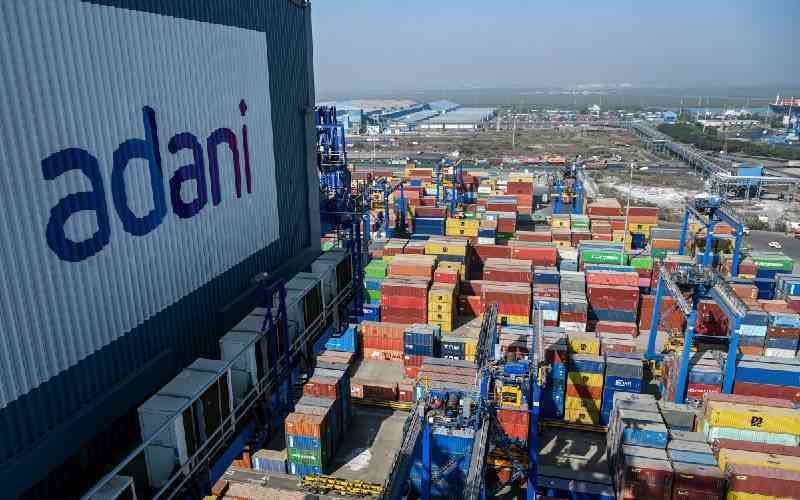NAIROBI: The volume of imported goods has consistently been on the increase and in 2014; the value of imports grew by $2.5 billion. In addition there is a significant volume of imports that enter the country illegally hence are not documented. The imports comprise of all manner of products majority of which could be manufactured in Kenya.
Over the past few years data collected by Kenya Bureau of Standards (Kebs) through its market surveillance and quality assurance activities reveals that significant volumes of imports especially those that enter the country illegally are counterfeits and substandard.
As a result consumers are being ripped off their hard earned money as they are unable in many cases to tell the difference between quality products and substandard products.
The situation has been made worse since majority of the consumers decisions to buy or not to buy are mainly based on price and not the quality and safety of the product. It is high time we started to question why similar products have big price differentials.
This is usually a sign that one of these products is substandard. Consumers must start to appreciate the fact that “cheap can be expensive” and hence it is important to for them to consider both price and quality when making a purchase decision.
The Government through the various agencies that include Kebs, Kenya Revenue Authority (KRA) and the Inspector of Police have put measures in place to curb the influx of illegal and often counterfeit and substandard goods into the country.
Whereas these measures have achieved some level of success, a lot more needs to be done. Effective implementation of the Single Window System (a clearing platform shared by all agencies at entry points) coupled with effective and efficient coordination among the agencies charged with clearing of goods at entry points to Kenya would significantly mitigate the influx of substandard imports.
At the same time individual agencies must avoid the silo mentality as they implement their mandates. Eradication of substandard products from our country requires the concerted efforts of all relevant government agencies, consumer protection organizations and the consumers.
One of the key deliverables of vision 2030 is industrialisation and this must happen to drive economic activity and in every sense is core to economic growth of our country. For this to happen several factors that drive industrialization must be in place such as affordable and reliable power, efficient rail and road network, skilled labour and the often forgotten factor - Standards.
Effective implementation of standards will drive industrializations by opening market access for the products in local and international markets. Standards will also stop dumping and substandard imports and this will help to drive industrialization.
Kebs has a responsibility to develop standards, maintain measurement standards (metrology), disseminate standards and to provide quality assurance on products with an overall goal of trade facilitation, protection of the consumers and the environment. These are key activities that will positively contribute to the well-being of our nation.
Kebs has implemented a number of programmes to ensure compliance of products manufactured or imported to the Kenyan standards. These programmes include PVOC (Pre- export Verification of Conformity) that requires goods to be inspected for compliance at the country of origin and Scheme of Product Certification that leads to award of Kebs quality marks.
To control the printing of fake stickers, Kebs set up a team in 2014 to develop a standardisation Mark that is difficult to counterfeit and has a trace and track solution.
Successful implementation of the ISM will drive fair trade and eventually contribute to industrialization by eliminating substandard products from our shops.
We call upon all Kenyans to purchase goods effective July 1, 2016 that have the following marks; new import standardization Mark (ISM) for imports or Standardization Mark (SM) for locally produced products or Diamond Mark (DM) given to a chosen few both imports and local products who have demonstrated excellence in their production processes.
Stay informed. Subscribe to our newsletter
Once Kebs has achieved success on imports, the plan is to extend the security and trace and solution of the ISM to high risk local products like alcoholic beverages and water.
This will provide the consumers of these products with confidence that the products are of acceptable quality and safety and the products can be traced to the manufacturers, thus shifting the burden of consumer protection to them.
Effective development and implementation of standards will make a difference in people’s lives. Nothing value-adding happens in this world without use of a standard.
Having celebrated the world’s standards day on October 14 whose theme was “Standards, the World’s Common Language” we are all urged to consider standardisation as a way of life. The world cannot operate without standards, neither can our country. We must embrace and enforce standards for quality life.
 The Standard Group Plc is a
multi-media organization with investments in media platforms spanning newspaper
print operations, television, radio broadcasting, digital and online services. The
Standard Group is recognized as a leading multi-media house in Kenya with a key
influence in matters of national and international interest.
The Standard Group Plc is a
multi-media organization with investments in media platforms spanning newspaper
print operations, television, radio broadcasting, digital and online services. The
Standard Group is recognized as a leading multi-media house in Kenya with a key
influence in matters of national and international interest.
 The Standard Group Plc is a
multi-media organization with investments in media platforms spanning newspaper
print operations, television, radio broadcasting, digital and online services. The
Standard Group is recognized as a leading multi-media house in Kenya with a key
influence in matters of national and international interest.
The Standard Group Plc is a
multi-media organization with investments in media platforms spanning newspaper
print operations, television, radio broadcasting, digital and online services. The
Standard Group is recognized as a leading multi-media house in Kenya with a key
influence in matters of national and international interest.









